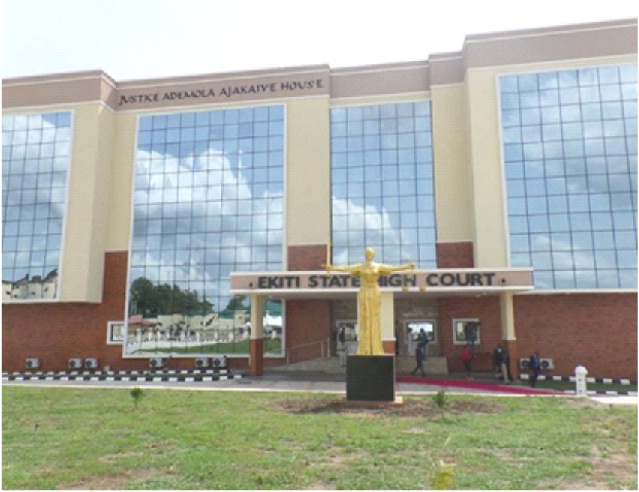Biz leaders raise red flag over FG’s borrowing
By Francis Akinnodi
Business experts in Africa’s biggest economy are raising red flags over the government’s incessant recourse to borrowing to finance overheads and personnel costs.
The government plans to spend just as much as it did in the whole of 2016 on overheads and personnel costs alone in 2022, having budgeted as much as N6.83 trillion as non-debt recurrent expenditure. Debt service costs would gulp N3.61 trillion, taking the total recurrent expenditure to N10.44 trillion.
That falls short of the government’s revenue target of N10.13 trillion, which analysts say is unrealistic going by past trends of revenue collection.
According to Director-General of the Manufacturers Association of Nigeria (MAN), Segun Ajayi-Kadir, “It is imperative for the government to exercise caution in borrowing and work diligently to lower recurrent expenditure.”
He advised that deliberate efforts should be made to facilitate reforms that would drastically reduce the high recurrent expenditures and borrowings of government.
Chairman, MAN, Ondo State chapter, Engineer Adewumi Emmanuel said, “MAN, therefore, expects that the Government would give priority consideration to complement the current trend and performance of vital macroeconomic indicators with a deliberate effort at taming inflation to maintain price stability in order to meet the expectations of the proposed budget.”
The figure for personnel costs and overheads alone represents 41 percent of the total 2022 budget of N16.39 trillion.
Although the government plans to raise N10.13 trillion in 2022, they have constantly borrowed to attain the unrealistic yearly revenue targets in recent years.
This has continued to push up the cost of debt servicing, which has tripled since 2015 to N35 trillion as at June 2021, according to data from the Debt Management Office (DMO).
National President of the Nigerian Association of Chambers of Commerce, Industry Mines and Agriculture (NACCIMA), Ide John Udeagbala said that the upward swing in government borrowing to finance the budget is worrisome.
“While it is an accepted fiscal option across the world for countries to resort to borrowing to finance shortfalls in their budgets, there must be caution in what component of the budget that would be financed by the loan.
Also, an industrialist, Greatsheyi Akintunde said, “Most of the items for which more funding was sought are recurrent expenditures and while we understand the government may be under pressure regarding these recurrent expenses, it is not best practice to borrow for consumption.
He said that since revenue fundamentals were weak, the government needs to examine other sources to generate resources to fund the budget rather than debt financing
“The Federal Government should focus more on non-interest asset-linked securities, as these unlock revenue and growth in the long term, furthermore, the private sector should be allowed to invest in some infrastructure projects that are commercially viable to generate revenue,” Akintunde said.









